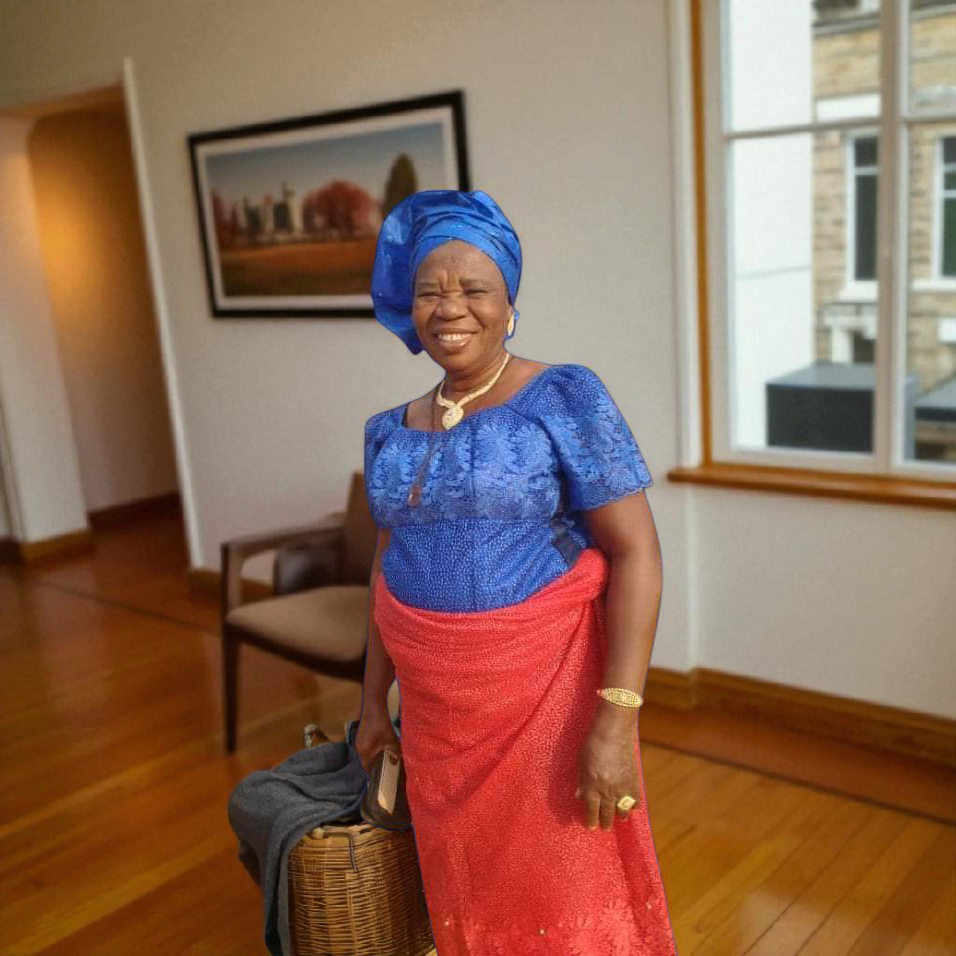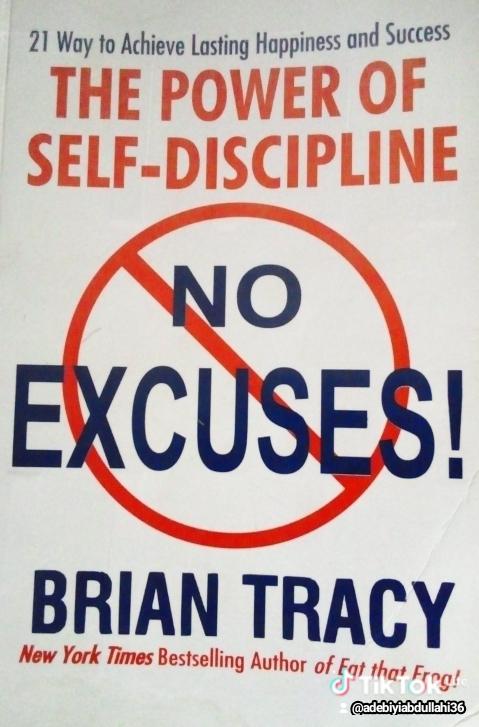Thanks for sharing this
Sponsored Advertisements
10 practical money habits every Nigerian should master
-
-
Follow me i will follow back let make life easy we are all looking for the money 💰💰
-
Leave a Reply
New Discussions
-
💚 TONIGHT ON KONNECT: THE REVOLUTION HAS BEGUN 🚀

Angelic Beauty
7 mins ago00 -
PRAYER THAT DESTROYS SATANIC-SPONSORED DREAMS

Michael
11 mins ago00 -
My journey to freelance: "Continuation 9"

Penvibe
26 mins ago00 -
PRAYER THAT DESTROYS REPRODUCTIVE ORGAN DISEASES

Michael
31 mins ago00 -
THE DAY I MISSED MY FIRST ONLINE EARNINGS.

Oscar
32 mins ago00















Data Flexer
129 days ago1. The 50-30-20 Budget Rule
Allocate 50% of income to needs (rent, food), 30% to wants (entertainment), and 20% to savings/debt repayment. This simple framework helps balance spending while building financial security.
2. Multiple Income Streams
Develop at least 3 income sources - main job, side hustle, and passive income (rental, investments). The average millionaire has 7 income streams according to financial experts.
3. Emergency Fund First
Save 3-6 months' living expenses before investing. Keep this in a separate bank account or liquid investment for unexpected events like job loss or medical needs.
4. Smart Debt Management
Differentiate between good debt (business loans, mortgages) and bad debt (consumer loans for luxuries). Never borrow above 30% of your monthly income in repayments.
5. Invest in Knowledge
Spend 5-10% of income annually on financial education - books, courses, or seminars. Understanding money compounds like interest over time.
6. Automated Savings
Set up automatic transfers to savings/investment accounts right when salary comes in. This "pay yourself first" approach prevents overspending.
7. Track Every Naira
Use budgeting apps or simple spreadsheets to monitor all expenses for 3 months. You'll identify wasteful spending patterns to eliminate.
8. Buy Assets, Not Liabilities
Prioritize spending on things that grow in value (real estate, stocks) over depreciating items (latest phones, luxury cars) unless they generate income.
9. Retirement Planning
Start contributing to a pension fund in your 20s/30s. With compound interest, N10,000 monthly at 10% return becomes N30 million in 30 years.
10. Insure Important Things
Health, life, and property insurance protect your finances from catastrophic losses. Premiums are cheaper when you're young and healthy.
Bonus Tip: Financial Peer Groups
Join or form a small savings group (like esusu/adashi) where members contribute and rotate lump sums. The social accountability improves savings discipline.
Key Takeaways:
- Build savings before investing
- Make money work for you through assets
- Protect what you've built with insurance
- Continuous financial education pays off
Would you like me to:
1. Expand any particular section?
2. Add real Nigerian examples/case studies?
3. Provide specific product recommendations?
4. Create a condensed version for social media?